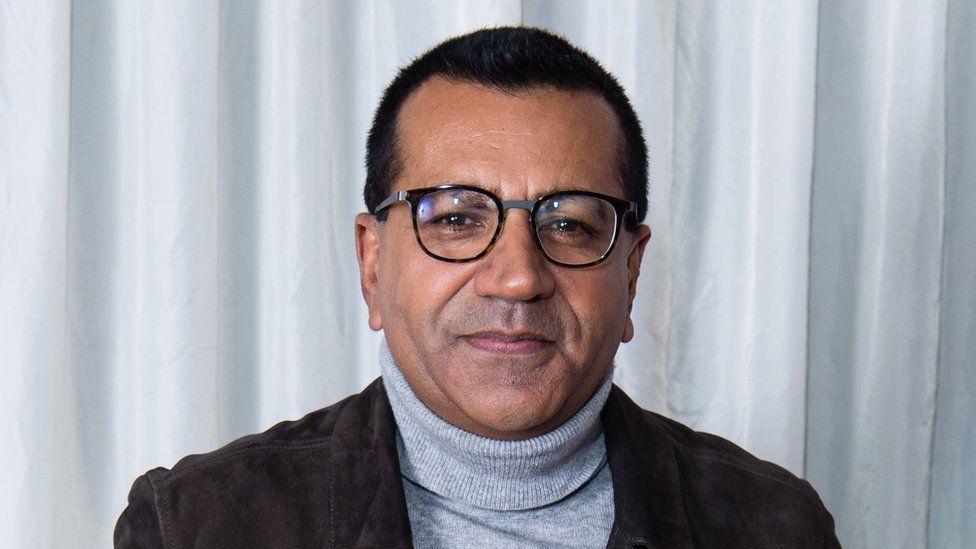
Martin Bashir stepped down from his role at the BBC in 2021
A judge has strongly criticised the BBC for failing to release a large number of emails relating to the scandal over Martin Bashir’s 1995 interview with Princess Diana on Panorama.
The documents had been requested by a journalist, who was investigating what managers at the corporation knew and what had been done about the reporter.
Bashir officially stepped down from his job at the BBC in 2021.
It emerged he had secured the interview through deception and faking documents.
The court ruling relates to a freedom of information request made by journalist Andy Webb.
He wants to see the emails BBC managers sent each other about Bashir over a two-month period in 2020.
The BBC disclosed a small number of messages to Webb, but it has now emerged there were more than 3,000 emails.
The corporation has said these contained information that was either “irrelevant” or “legally privileged”.
Judge Brian Kennedy ordered the BBC to release more emails – saying the corporation had been “inconsistent, erroneous and unreliable” in the way it dealt with the initial request.
The judge added the BBC’s response was a “cause for serious concern”.
In a statement, the BBC accepted mistakes had been made but says it is considering the judgement.
The corporation says it has also apologised to Webb and the tribunal.
Writing in the Mail on Sunday, Webb welcomed the judgement.
“It is overwhelmingly in the public interest for these internal emails to be divulged to the public,” Webb wrote.
Princess Diana’s brother, Earl Spencer, who has been a supporter of Webb’s investigation, told the BBC the integrity of the people within the organisation was at stake.
“People at the BBC who are responsible for this have hidden behind expensive lawyers at a time when the BBC, this great national and international institution, is making cuts. And I think that’s obscene,” he told BBC Radio 4’s Broadcasting House programme.
He told the programme he approached BBC management in 2020 and was told they could not speak to Bashir as he was too ill.
“My suspicion is that they were cooking up a story to try and make him unavailable during a time of particular interest in Diana’s interview, which was the 25th anniversary,” Earl Spencer said.
He said senior figures at the BBC should not hide behind the organisation to protect their careers but that instead the BBC should be “guarded by responsible senior figures”.
Bashir’s departure from the BBC came after questions were raised about how he secured the interview with Princess Diana. Watched by more than 20 million people, the interview was considered a huge scoop for the BBC at the time.
But questions about the manner in which interview was secured started to be asked within a short time of its airing.
In 2021, an independent inquiry by Lord Dyson, a former senior judge, found that Bashir used deception to secure the interview and then lied to BBC managers.
A graphic artist working for the BBC said he had been asked by Bashir to produce fake bank statements.
These appeared to show payments by a newspaper group to a former member of staff of Earl Spencer.
The Dyson report said this was to gain Earl Spencer’s confidence, so he would introduce Bashir to Diana.
When questioned by BBC bosses, Bashir admitted having the statements mocked up, but repeatedly denied showing these documents to Earl Spencer.
The report said Bashir “lied and maintained the lie until he realised that it was no longer sustainable. This was most reprehensible behaviour which casts considerable doubt on his credibility generally”.
Bashir has previously said mocking up the documents “was a stupid thing to do” and he regretted it, but said they had had no bearing on Diana’s decision to be interviewed.

